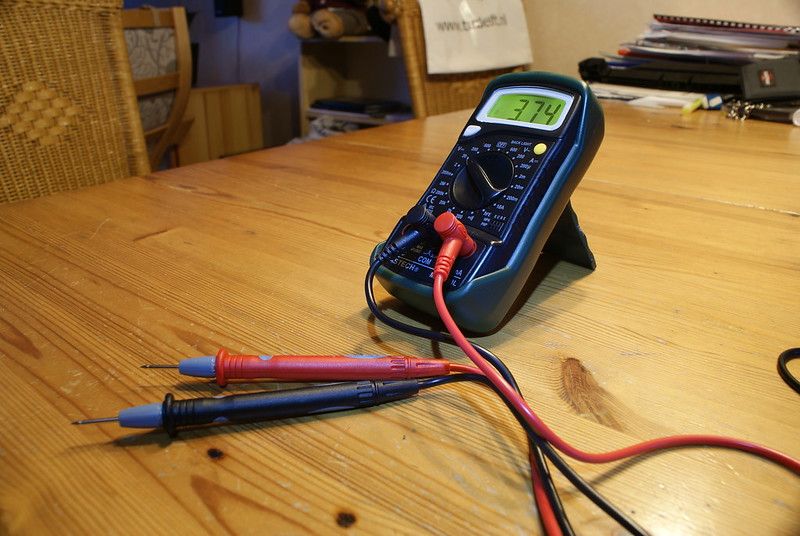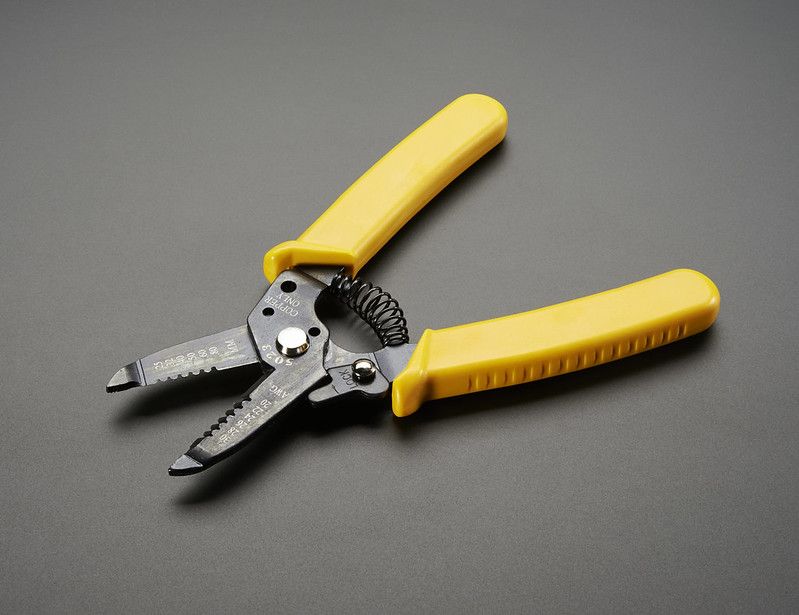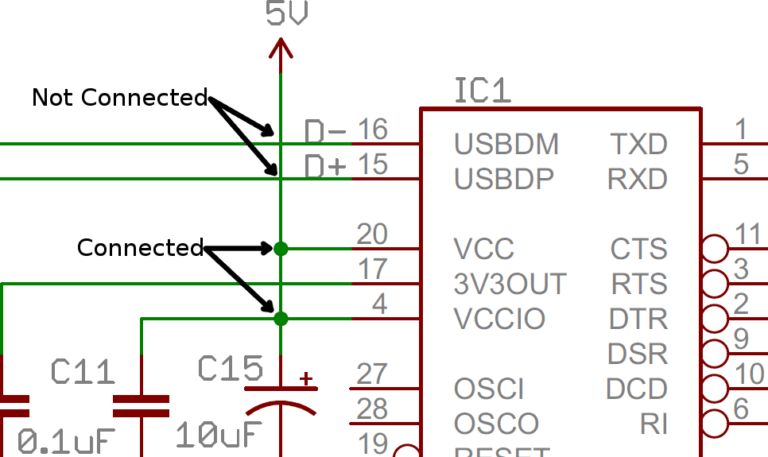Top 5 Essential Tools for Every Electronics Hobbyist 2023
Introduction
Are you just starting out as an electronics hobbyist or looking to upgrade your toolkit? Whether you’re a novice venturing into the realm of electronics or an experienced hobbyist looking to enhance your toolkit, having the right set of tools is essential. These indispensable tools will empower you to undertake a wide range of electronic projects with confidence. In this article, we will explore the top five must-have tools that every electronics hobbyist should possess.
1. Soldering Iron: The Cornerstone of Electronics Enthusiasts

A soldering iron is the cornerstone of any electronics enthusiast’s toolkit. It allows you to join components together by melting solder. A reliable soldering iron is crucial for achieving strong and clean connections. When choosing a soldering iron, look for one with adjustable temperature control, a comfortable grip, and interchangeable tips to accommodate various soldering needs. These features ensure that you can work with different types of components and achieve the desired results.
2. Multimeter: Your Versatile Electrical Companion

A multimeter is a versatile device that enables you to measure voltage, current, resistance, and other electrical parameters. It serves as an essential tool for troubleshooting circuits, testing components, and ensuring accurate measurements. Investing in a quality multimeter is crucial to obtain reliable readings. Look for a multimeter that offers a clear digital display, robust build quality, and accurate measurements. With a multimeter at your disposal, you can diagnose and troubleshoot electrical issues effectively.
3. Wire Cutters and Strippers: Precise Wire Preparation and Termination

Working with wires is a fundamental aspect of electronics projects. Having a good pair of wire cutters and strippers is vital for precise wire preparation and termination. Wire cutters should offer sharp and durable cutting edges, allowing you to easily trim wires to the desired length. Wire strippers, on the other hand, should provide reliable and consistent stripping capabilities for different wire gauges. With these tools, you can handle wires with precision and ensure proper connections.
4. Breadboard: The Prototyper’s Best Friend

A breadboard is an invaluable tool for prototyping and testing circuits without the need for soldering. It allows you to quickly build and modify electronic circuits, making it easier to iterate and experiment. Look for a breadboard that offers ample tie-points, solid construction, and good connectivity for reliable circuit prototyping. With a breadboard, you can easily connect and disconnect components, test different configurations, and refine your designs before finalizing them.
5. Helping Hands: Stability and Precision in Soldering

Undertaking intricate soldering tasks can be challenging without assistance. A helping hand tool provides stability and precision by holding components in place while you work. Look for a helping hands tool that features adjustable arms and alligator clips to securely hold your workpieces. Some models also come with additional features like magnifying glasses or LED lighting to aid in fine-detail work. With helping hands, you can solder with confidence, knowing that your components are held firmly in place.
Conclusion
Equipping yourself with these essential tools will set you on the path to success as an electronics hobbyist. Remember, investing in quality tools ensures better performance, durability, and accuracy in your projects. As you continue your electronics journey, you may discover additional tools that align with your specific interests and projects. Enjoy the fascinating world of electronics and happy tinkering!
FAQs (Frequently Asked Questions)
1. Do I need to purchase all these tools at once?
No, you can start with the basics and gradually build your collection of tools. Start with a soldering iron, multimeter, and wire cutters/strippers. As you become more experienced and take on more complex projects, you can consider investing in a breadboard and a helping hands tool.
2. Are these tools suitable for beginners?
Absolutely! These tools are perfect for beginners as they cover the essential aspects of electronics projects. They are easy to use and provide a solid foundation for learning and experimenting.
3. Can I use a regular iron instead of a soldering iron?
While a regular iron may be able to melt solder, it is not recommended for electronics projects. Soldering irons are specifically designed for electronics work, providing the necessary temperature control and precision required for delicate components.
4. How important is accuracy in measurements?
Accurate measurements are crucial in electronics. Small variations in voltage, current, or resistance can have a significant impact on the performance and functionality of your circuits. A quality multimeter ensures that you obtain precise measurements, leading to better troubleshooting and reliable results.
5. Can I reuse components on a breadboard?
Yes, one of the advantages of using a breadboard is its reusability. You can easily remove and reposition components as needed, allowing you to experiment with different configurations without damaging the components.
6. Are these tools expensive?
The cost of these tools can vary depending on the brand and quality. While there are budget-friendly options available, it is advisable to invest in higher-quality tools for better performance and longevity. Remember, these tools are an investment in your hobby and will contribute to the success of your projects.
7. Can I find tutorials or guides on using these tools?
Yes, there are plenty of online resources, tutorials, and guides available that provide step-by-step instructions on using these tools effectively. You can find video tutorials, written guides, and even community forums where you can ask questions and seek advice from experienced hobbyists.
8. Are there any additional tools I should consider?
These five tools cover the basics and are essential for any electronics hobbyist. However, as you progress and specialize in certain areas, you may find it beneficial to add more tools to your collection. Some additional tools you may consider are a hot air rework station, oscilloscope, logic analyzer, and power supply unit.
9. Can I use these tools for other projects besides electronics?
While these tools are primarily designed for electronic work, they can also be useful for other DIY projects and hobbies. For example, a soldering iron can be handy for small repairs or crafts, and a multimeter can be used for basic electrical measurements in various contexts.
10. How do I ensure the longevity of these tools?
To ensure the longevity of your tools, it’s important to handle them with care and follow the manufacturer’s instructions. Store them in a clean and dry environment, and avoid exposing them to extreme temperatures or excessive moisture. Regularly clean and maintain your tools to keep them in optimal condition.
In conclusion, having the right tools is essential for every electronics hobbyist. The soldering iron, multimeter, wire cutters and strippers, breadboard, and helping hands tool are the top five must-have tools that will empower you to take on a wide range of electronic projects with confidence. Investing in quality tools ensures better performance, durability, and accuracy in your projects. So, equip yourself with these tools and embark on an exciting journey in the world of electronics!







